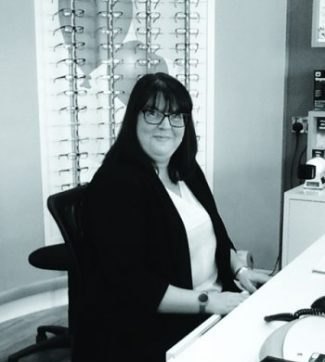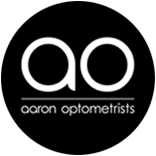
Independent Practice versus Other National Chains
20/01/2017Work Satisfaction is important!
As two Clinical Receptionists, who have worked for a number of big optical chains, we felt it important to share the satisfaction we have now discovered from working for an independent practice.
Peter Frampton (owner of the practice) encourages individuality; we are allowed to bring our own personality into the dispensing process. He actively involves us, along with the patient, into the whole decision making process and as a consequence are made to feel truly valued and very much part of a team.
Every business has to make a profit, obviously, but in a multiple all they appear to be focused on is targets and how much money they can make from each customer. Never a good recipe for gaining patient trust and developing patient loyalty. Not to mention a very unhappy workforce who feel their whole worth is to fight amongst each other for the higher value sales; constantly under pressure to meet company targets (often unattainable – I have to add) and where praise should be given for dispensing a lot of patients within the day, often get overlooked for that one ‘higher value’ dispense. Staff morale pretty low on their agenda, staff turnover as a consequence high and patient journey or continuity of care, none existent.
Peter (our boss) has a saying:
Loyalty come from trust; Trust comes from understanding, Understanding comes from Education & Education takes time
We believe this to be true, every patient who comes through the door has a right to be treat the same; whether they be Private; NHS or just asking a few questions, it is important we take the time to understand their needs and advise them on the correct optical correction for their lifestyles needs. It is important to us the patient trusts us in what we say as well as the advice given. If they do not leave this practice with that trust, whether they purchase anything or not, then we have failed. Our role (or target – as you could call it) is never to dictate what they need or do not need. Our role is to ensure they have been given all the information needed to help make an informed decision. It is imperative to us that the patients are every part of the decision making process. It may be quicker for us to pigeon hole patients into making a decision on their spectacles (for speed), however, we cannot solve their lifestyle frustrations if we have not taking the time to discuss them with them in more detail.
